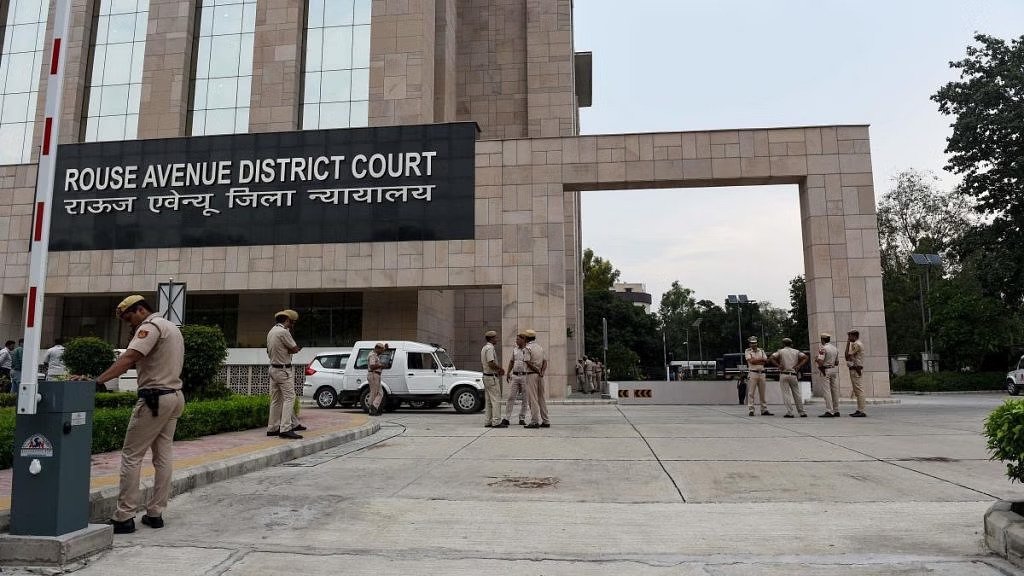On January 29, 2025, the Delhi government’s Anti-Corruption Branch (ACB) took the rare step of writing to the Principal Secretary of the Law Department, seeking approval to initiate a probe against a Special Judge posted at Rouse Avenue Court and his ahlmad (record clerk). The trigger: multiple allegations of bribes being demanded in exchange for favorable bail orders in sensitive financial crime cases.
The most damning claim came from a relative of a GST officer arrested in a 2023 fraud case. In an email sent to the ACB on December 30, 2024, she alleged that the court’s staff demanded ₹85 lakh for her relative’s bail and ₹1 crore for the release of co-accused persons. When she refused, the bail application was allegedly stalled and later dismissed. She claimed that an accused then warned her that unless she paid, the judge would “do everything adverse within his powers” to prosecute her.
Another complainant told the ACB that he was offered bail in exchange for ₹15-20 lakh per accused, allegedly by the court ahlmad in the first week of January.
Material Lacking, Yet Concerns Mount: High Court’s Delicate Response
On February 14, the Delhi High Court refused to grant permission to investigate the judge, citing lack of “sufficient material” to implicate him. However, it advised the ACB to continue its probe and approach the court again if further evidence emerged. Importantly, the High Court emphasized the liberty of the agency to pursue the matter against the ahlmad.
Behind this cautious stance lies a complex concern: the need to uphold judicial independence while responding seriously to the specter of systemic corruption. The court reiterated that public trust in the judiciary rests on the swift and fair administration of justice, and flagged the importance of credible evidence before allowing action against a sitting judge.
The Fallout: A Transfer, An FIR, and Mutual Allegations
Following this legal exchange, events moved quickly. On May 16, the ACB filed an FIR under the Prevention of Corruption Act against court ahlmad Mukesh Kumar, also invoking provisions of the Bharatiya Nyaya Sanhita (BNS). He was accused of demanding and accepting bribes for granting bail in serious fraud cases.
Just four days later, on May 20, the High Court transferred the Special Judge from Rouse Avenue to another bench in Rohini. No reason was made public, but sources indicated the timing coincided with rising concerns about his proximity to the ahlmad.
The ahlmad, however, has since alleged that the entire affair was a vendetta by ACB officials who were aggrieved by the judge’s past unfavorable orders. He filed for anticipatory bail, claiming he was being framed to “settle scores.”
A Judiciary at Crossroads
The case has not only spotlighted potential vulnerabilities in Delhi’s judicial system but has also sparked questions over the checks and balances between investigative agencies and judicial accountability. The Indian Express reported that corroborative audio recordings and patterns in bail rulings raised “prima facie” concern, though formal action against the judge remains stalled.
As of now, the matter remains under investigation, with a chilling warning from the ACB’s original communication: “Given the sensitivity and seriousness of the matter… permission to investigate may kindly be sought from the appropriate authority.”
Whether future developments uncover more or the matter recedes into bureaucratic limbo may well shape public faith in the capital’s judicial integrity.


